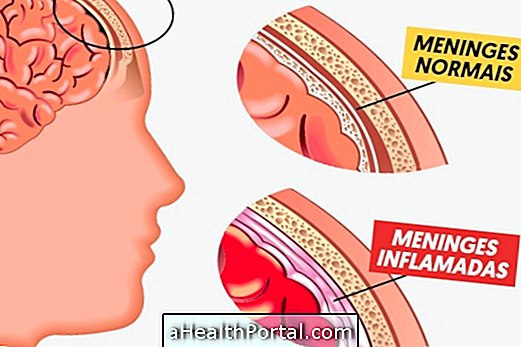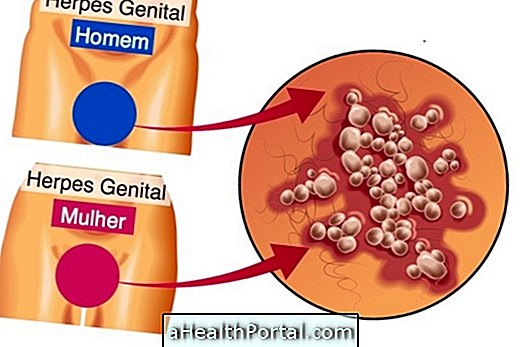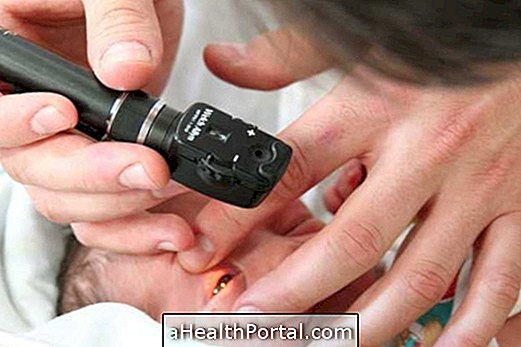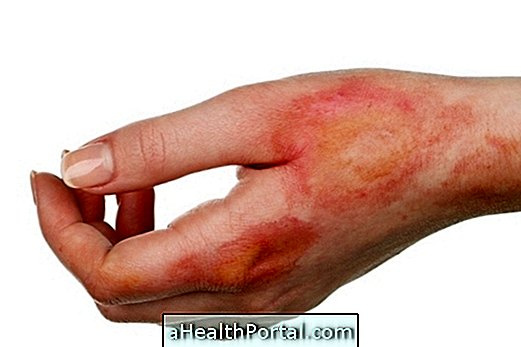Capnocytophaga canimorsus is a bacterium present in the gums of dogs and cats and can be transmitted to people through licking and scratching, for example, causing symptoms such as diarrhea, fever and vomiting, for example.
This bacteria does not normally cause symptoms in animals and does not always cause symptoms in person, only when the person has some condition that decreases the immune system, facilitating the spread of this bacterium through the bloodstream.
The treatment of infection by this microorganism is done with the use of antibiotics, such as Penicillin and Ceftazidime, for example.

Symptoms of infection
Symptoms of Capnocytophaga canimorsus infection usually appear 3 to 5 days after exposure to this microorganism and generally only appear in people who have changes in their defense system, such as people who have removed the spleen, smokers, alcoholics or who use drugs which decrease the activity of the immune system, as in the case of people being treated for cancer or HIV, for example. Learn how to strengthen the immune system.
The main symptoms related to Capnocytophaga canimorsus infection are:
- Fever;
- Vomiting;
- Diarrhea;
- Muscle and joint pain;
- Redness or swelling in the area that has been licked or bitten;
- Appearance of blisters around the wound or licking site;
- Headache.
Capnocytophaga canimorsus infection occurs mainly through scratches or bites of dogs or cats, but can also happen due to direct contact with the animal's saliva, through mouth kissing or snouting or licking.
If Capnocytophaga canimorsus infection is not identified and treated rapidly, especially in people who are more susceptible, there may be several complications, such as heart disease, renal failure, and gangrene. In addition, there may be sepsis, which is when the bacteria spreads through the bloodstream, resulting in more severe symptoms and leading to death. Understand what the infection in the blood is.
How is the treatment done?
Treatment for this type of infection is mainly done with the use of antibiotics, such as Penicillin, Ampicillin and third generation cephalosporins, such as Ceftazidime, Cefotaxime and Cefixime, for example, that should be used according to the doctor's recommendation.
In addition, if the animal has licked, bitten or scratched any part of the person's body, it is recommended to wash the area with soap and water and consult the doctor, even if there are no symptoms, as not only can Capnocytophaga canimorsus be transmitted animals, but also anger.
























